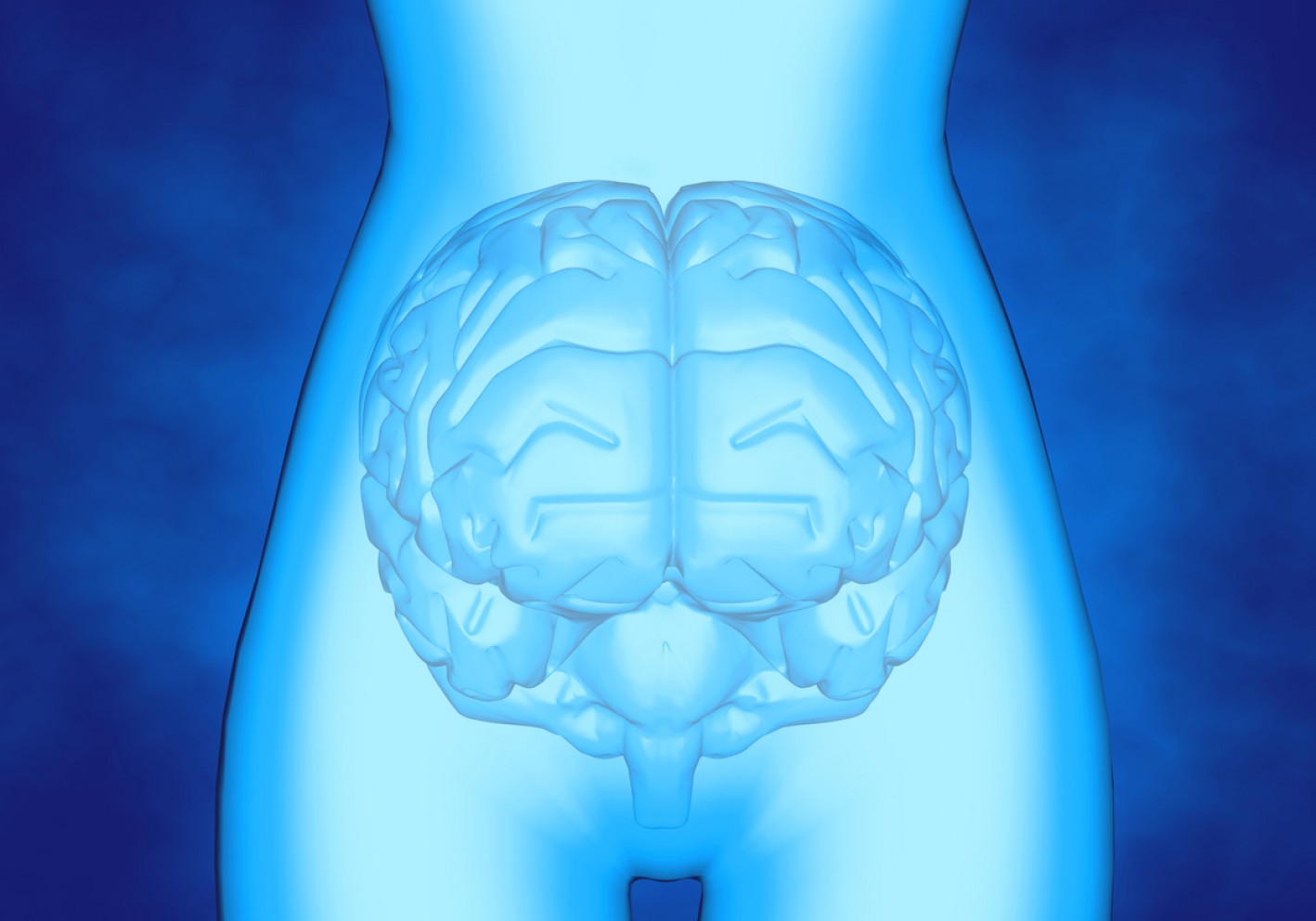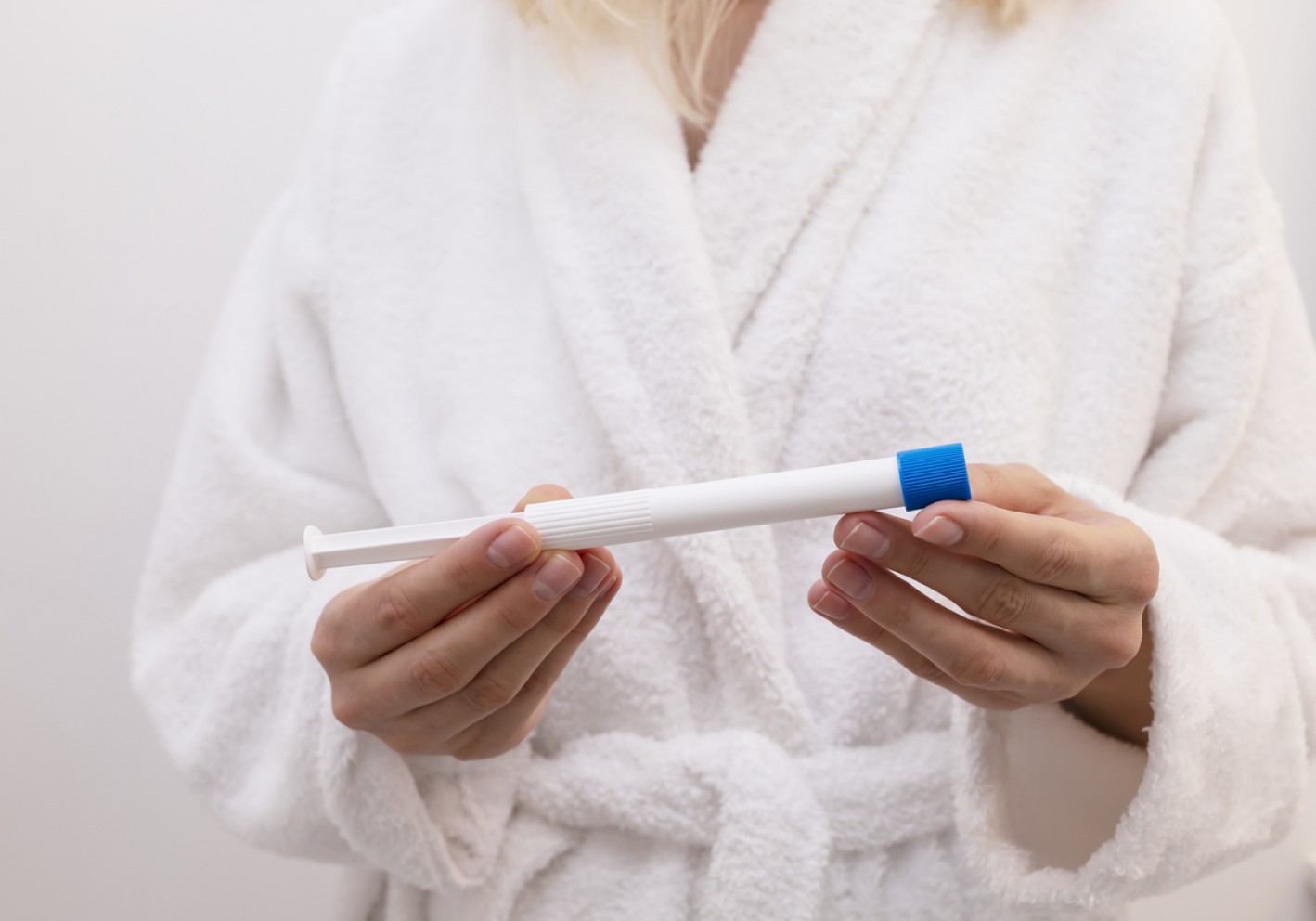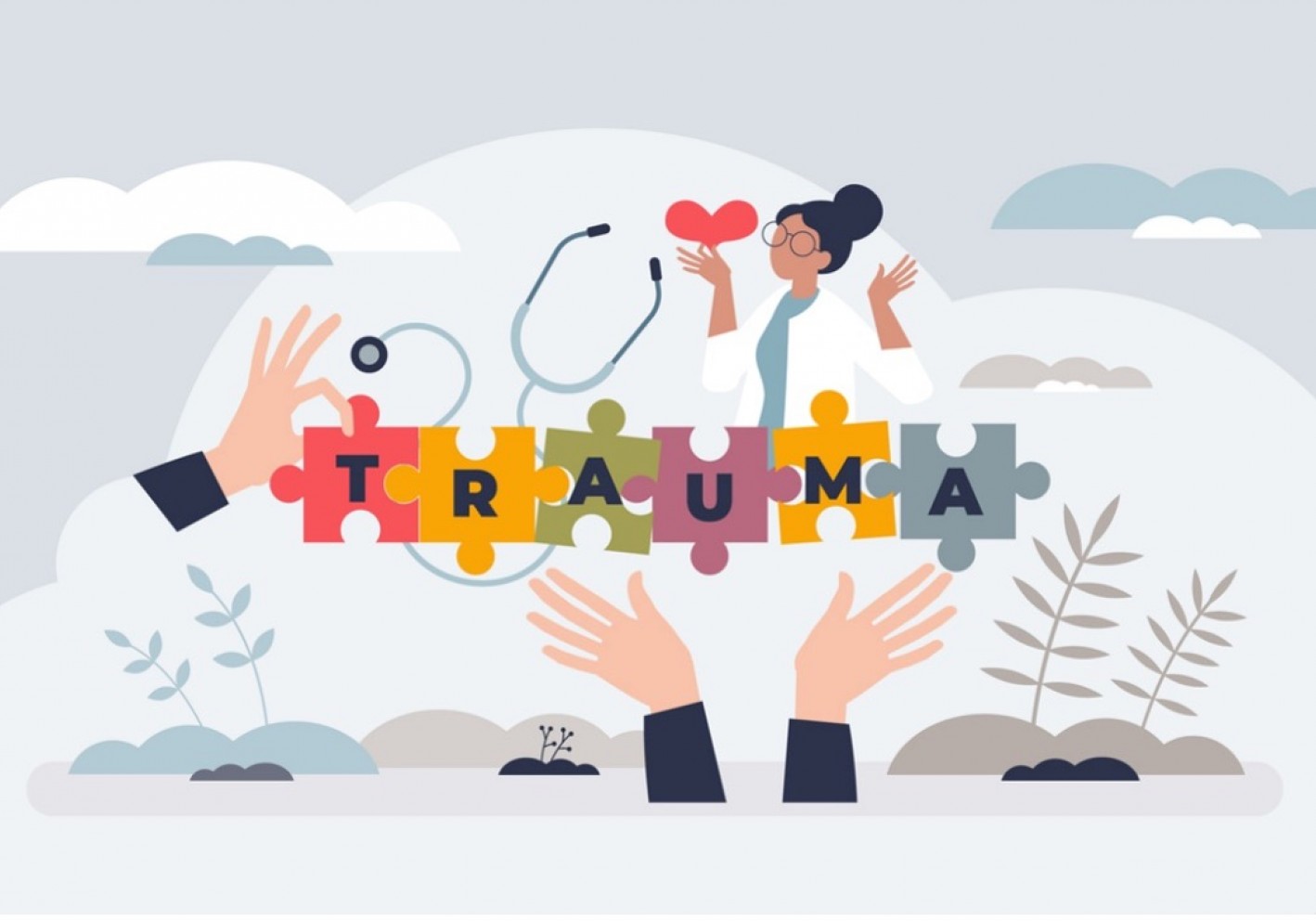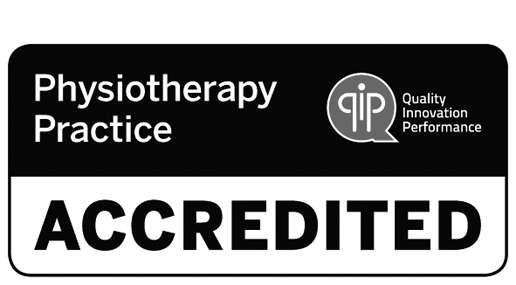The Art & Science of Explaining Pelvic Pain
The evidence is now conclusive - educating patients about the science of pain is an essential component of treating persistent pain. Exploring how pain experiences are constructed in response to dangers and threats in our bodies and influenced by our thoughts, beliefs and context and the insight and knowledge gained throughout this process can be one of the keys to recovery.
Vulvodynia: Taking Understanding To a New Level
Vulvodynia is a chronic vulvar pain condition affecting 8-16% of women at some point in their lives. It is the most common cause of sexual pain in pre-menopausal women. Despite the high prevalence and significant impact on quality of life, it remains poorly understood and often mis-diagnosed and mis-managed. With advances in pain neuroscience and central pain mechanism research over recent years...
Working Together For GSM: Oestrogen & Physiotherapy
Genitourinary Syndrome of Menopause (GSM) can be defined as a collection of symptoms and signs associated with a decrease in oestrogen and other sex steroids involving changes to the labia majora/minora, clitoris, vestibule/introitus, vagina, urethra and bladder.
Clitoral Curiosity
Every day, we speak with people who seek our support regarding painful sex. Often their stories include fear, confusion and a poor understanding of the vulva, clitoris and vagina. Many people hold unhelpful beliefs and perceptions of what is and isn’t normal. As Pelvic Health Physiotherapists, part of our role is to educate, enlighten and empower individuals to develop a healthier perspective...
Trauma Informed Care In Pelvic Health
Trauma, neglect and attachment disorders are common and create behavioural, physiological and cognitive adaptations that impact daily function and health via the effects on the neurological, endocrine and immune systems. The experience of trauma can result in loss of trust, feelings of guilt and shame, a decreased sense of safety and loss of hope for the future. These changes can affect the way...
The Science of Lubricants
As pelvic health physiotherapists treating people with sexual pain and supporting them to improve their sexual health, we are often asked what lubricants we use for examinations and what we recommend for personal use. We thought that maybe you might be asked the same thing by your patients – and so decided to research lubricants. Here we share what we discovered and wrote for our patients in...










